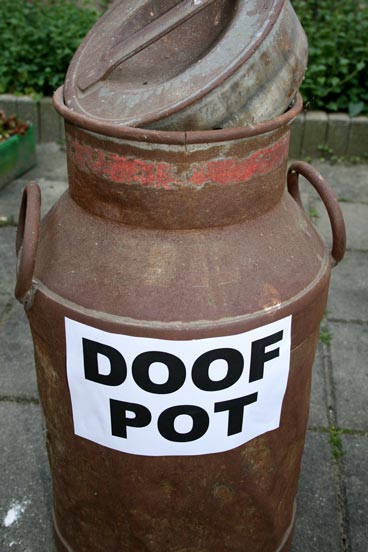Yesterday was the big parliamentary debate about whether or not there would be an inquiry into the Iraq War. Over the weekend Balkenende had proposed to let an independent commission take a look at Dutch participation in the war, while the opposition wanted a proper parliamentary inquiry. But because the governmental parties had a majority in government and even though many of the social democrats did want a proper inquiry, the result was one of those typically Dutch compromises. Balkenende dropped his resistance, but only if parliament would agree to his ideas about an independent commission first. The upshot is that a proper inquiry has been kidked into the long grass, as the commission will have six months to research all questions about Dutch involvement in Iraq. What’s more, during this time the government will also refuse to answer any new questions about Iraq, in order to “give the commission room to work”.
In all, Balkenende has done well. He”s bend to the will of parliament and defused what could’ve become a government crisis without actually having to compromise. The danger is that with this long delay the inquiry will disappear of parliament’s radar and hence never happen, which he won’t mind much…
